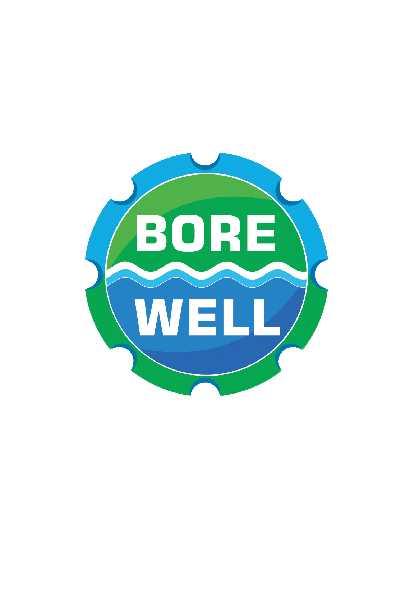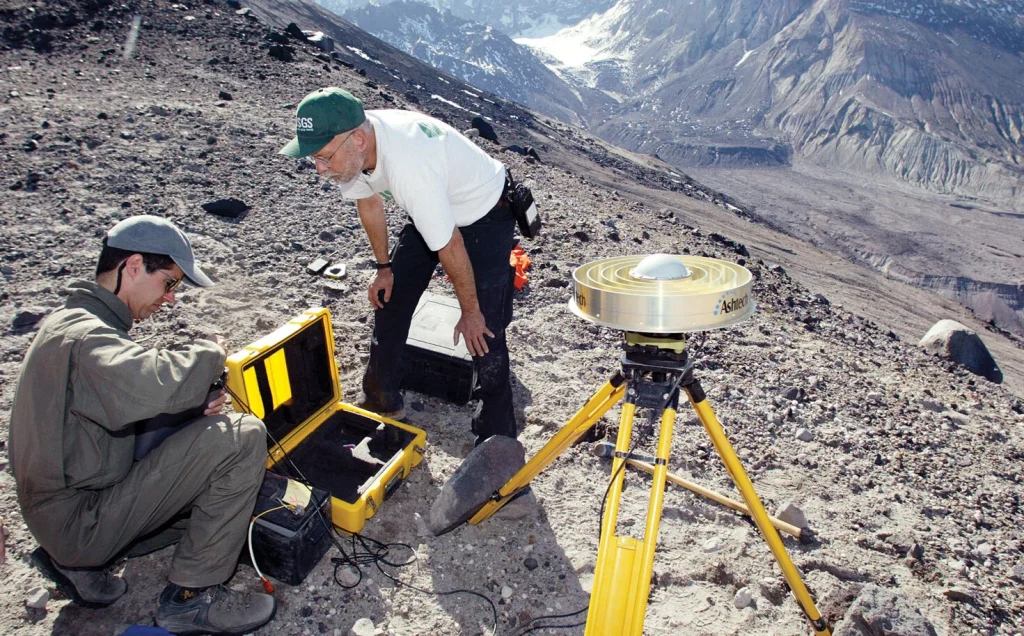Wells are an important underground source of water. So, well drilling necessitates some considerations. A thorough understanding of geological conditions is required for this process. Geologists play a crucial role in the drilling process, to better understand underground structures, guide drilling, and identify appropriate locations based on geological features guiding the process to secure reliable and clean water sources.
As the role of geologists in water well drilling, they study Earth’s layers and predict water locations to ensure the well is placed in a way that maximises water quality and quantity. Their expertise extends beyond finding water, ensuring the well with good function. This blog aims to highlight geologists’ role in borewell drilling and their indispensable contribution to securing accessible and sustainable water for communities.
Understanding the Geological Context
Geologists play an important role in well drilling by studying Earth’s layers and composition. They help drillers to choose the best spots for water by predicting hidden water beneath the surface. Geologist role in borewell drilling is used to locate the most promising spots for accessing clean and reliable water underground a map before going underground. They make sure the drilling process is done in the right places and maximise the chances of reaching a water source efficiently.
Geologic Formation of Groundwater
The importance of geologists in borewell drilling includes their thorough understanding of groundwater formation. Aquifers are the natural underground sponges holding water, and guide drilling wells based on these layers. Geologists also consider factors affecting groundwater availability, such as rock type and rainfall, to ensure sustainable and reliable water sources. Thus, geologists help unlock the secrets of Earth’s underground water storage, ensuring wise access to this valuable resource.
Role of Geologists in Water Well Drilling Site Selection
Geologists are essential in selecting the ideal location for drilling a water well, akin to digging for treasure underground. The role of geologist in water well drilling includes, conducting geological surveys, analysing soil, and using seismic studies to detect potential water sources. It makes well taps into a sustainable and clean water supply for guiding the selection of the optimal drilling location.
Pre-Drilling Phase
The pre- drilling phase of the borewell means the phase before starting the drilling process. This phase in well drilling involves geological surveys, soil analysis, and seismic studies to prepare for the drilling process. In the pre-drilling process they must consider these factors. These steps ensure the right location, maximising the chances of reaching a sustainable and clean water source, and are a strategic and meticulous preparation for a successful well drilling project.
Geologic Mapping
Geologic mapping is a crucial step in the well drilling process, providing a detailed blueprint for exploring underground terrain. Because of the importance of geologists in borewell drilling, they study and map geological features of each location to guide drillers to the most promising locations for the best water access.
Hydrogeological Investigations
Geologists lead hydrogeological investigations to ensure successful well drilling by determining water quality and quantity. They study the ground to predict water quality for drinking or irrigation, and assess water quantity to determine the amount sourced from a specific area. The role of geologists in water well drilling, they guide the drilling process, ensuring a sustainable and reliable water supply.
Risk Assessment and Mitigation
When water well drilling, conducting risk assessment and mitigation is one of the necessities. They identify potential challenges, such as unexpected rock formations or ground stability, early on. This early identification helps develop effective mitigation strategies, ensuring safety and minimising complications. The geologists’ role in borewell drilling also helps anticipate and address potential risks throughout the drilling process.
During Drilling Operations
Well drilling involves exploring the underground world to find water, using large machines and equipment. Geologists and drillers work together to understand rocks and soil, aiming to reach a hidden source. The process requires precision and expertise that resembles a journey into the Earth to unlock water.
Geological Logging
Geological logs in well drilling serve as detailed diaries for geologists to understand underground terrain. There are two types of geological logs: detailed reports and real-time interpretation. These logs help geologists record the rocks and soil encountered during drilling, enabling them to make on-the-spot decisions to ensure the importance of geologists in borewell drilling process.
Addressing Geological Challenges
Addressing and overcoming unexpected challenges during well drilling is one of the major tasks. Here, geologists acting as problem solving experts. They can identify and address these challenges on the spot, ensuring smooth drilling and adapting to any unexpected conditions on the earth surface. The role of geologists in water well drilling goes beyond finding water; they also navigate and overcome geological challenges as they arise, ensuring the drilling process continues smoothly.
Post-Drilling Analysis
Post-drilling analysis is a thorough examination of a well’s performance and environment to assess the factors like water quality, well yield, and functionality. As per the best geological survey services in India, it confirms consistent water supply and identifies potential issues or changes in geological conditions. This ensures long-term success and sustainability.
Geologist’s Role in Well Completion
The importance of geologists in borewell drilling is like finishing a large underground project. They ensure the well is secure and the best quality is safe for use. Geologists install protective layers like casings and screens in wells to ensure clean water flow and smooth flow. Their job is to guarantee the well is not just dug but properly finished, ready to provide a reliable and clean water supply for its intended purpose.
Monitoring and Maintenance
Geologists’ role in borewell drilling ensures maintaining the health of a well after drilling to for its longevity. They detect changes in water quality, ensuring it remains clean and safe for use. They also evaluate the well’s performance over time for a steady and reliable water supply. The role of geologists in water well drilling extends beyond finding water, involving ongoing monitoring and maintenance to make sure the well continues to deliver clean and abundant water for the long run.
Collaborative Efforts
There should be an interdisciplinary collaboration with engineers, hydrologists, and environmental scientists needed. Each member brings their unique skills to the drilling process. In the best tubewell services in India, engineers design and operate drilling equipment, while hydrologists focus on water movement and availability. Because of the role of geologists in water well drilling, they don’t harm the surrounding environment. The importance of geologists in borewell drilling goes beyond rocks and soil; it’s about being part of a dynamic team working together to bring clean and reliable water to the surface.
Future Trends and Innovations
The future of borewell drilling is marked by advancements in geological tools, enabling geologists to better understand the geographic features and ensure accurate well placements. Sustainable practices are also gaining importance, with geologists promoting best borewell services in India. As climate change impacts drilling strategies, geologists are working to anticipate and address changes in Earth’s behaviour. The geologists’ role in borewell drilling is not just about the present, but also about embracing new Technological Advancements in Geological Tools to secure water for the future.
This blog emphasises the importance of geologists in borewell drilling and highlighting their role in ensuring the success and sustainability of water projects. They navigate geological challenges and adapt to unforeseen circumstances. It calls for sustainable water management, advocating for responsible practices considering environmental impact and future water needs. Supporting the role of geologists in water well drilling to ensure safe and valuable water sources for future generations.

